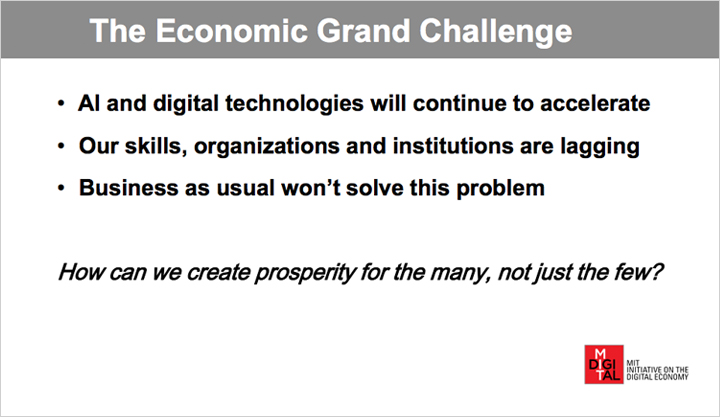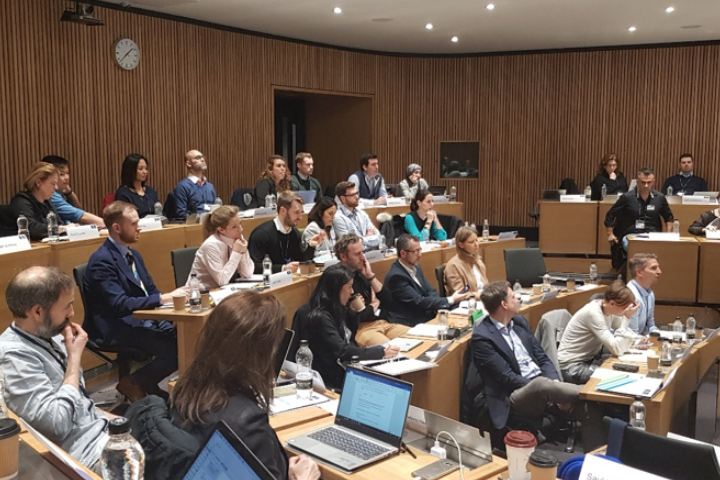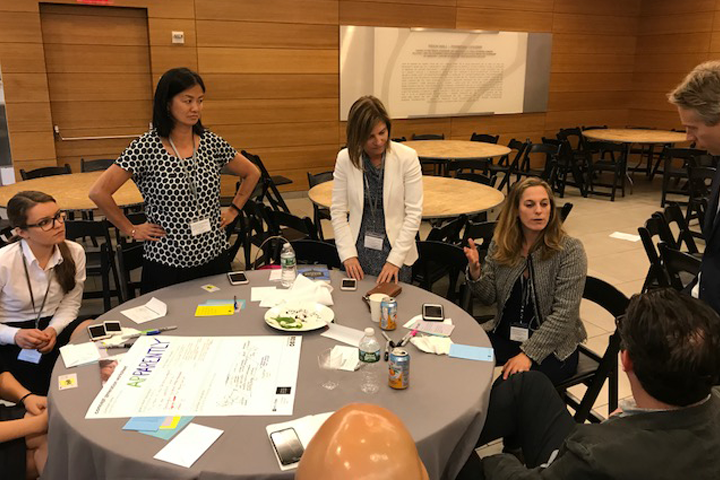Recently the WEF Global Future Council for Platforms and Systems published an article explaining the concepts of Systems and Platforms and why they are important to creating the necessary environment that maximizes the Fourth Industrial Revolution’s benefits to society and minimizes the risks that come with it.
It posits that all human interactions are participation in systems of others; people, institutions that interact with each other. To really have impact, one needs to understand the dynamics that drive system behavior and outcomes.
Additionally, it defines Platforms as a set of standards and protocols that facilitate interactions between participants in a system. When appropriately designed and deployed, platforms can significantly amplify the impact of systems.
At LDS, these concepts are highly relevant to the work we do for our clients, designing experiences that maximize the participation and engagement of employees inside organizations.
Observing and analyzing organizations as systems is a useful construct for us in the Business Strategy & Design discipline. A digital transformation warrants a broader and deeper understanding of an organization. A “systems” view of an organization lends itself to a structured approach of assessing how people, especially employees, relate and interact within the organizational system to create value. This approach includes clarifying:
- What are the core and desired capabilities of the business – its key differentiator?
- How do members of the organization create value – the value chain?
- What decisions are made in different parts of the organization – the decision flow?
- How do people and the organization at large learn and evolve – the organizational learning?
- What norms and beliefs are implicit in people’s actions and behaviors and what shifts are needed in those mindsets and behaviors – the organizational culture?
When designing an “Employee Experience” for large global enterprises, we work to ensure we have the entire business ecosystem in our frame of reference. Our experiences have the most impact when we can guide and influence cohesive relationships across the ecosystem – from the physical and virtual aspects of the workplace to people programs driving engagement.
Employee Experience platforms can amplify the performance and value creation of an organization, when they:
- Align, engage and motivate employees under a common purpose,
- Facilitate interactions among and across participants in the organization: the employees, business leaders and technology enablers that support work;
- Accelerate organizational learning through real-time feedback loops,
- Capture and express data as insights, and democratize enterprise data by making it more broadly available.
Finally, the most profound idea of a platform is what the article describes as an “increasing returns dynamic”: the more participants you get in a properly functioning system, the more rapidly the value and the impact of that system increases.
Said another way, when a cohesive, well-designed employee experience creates a Network Effect within an organization, there is an exponential increase in the outcomes desired by business leaders spearheading disruptive organizational and cultural transformations of large global enterprises.



